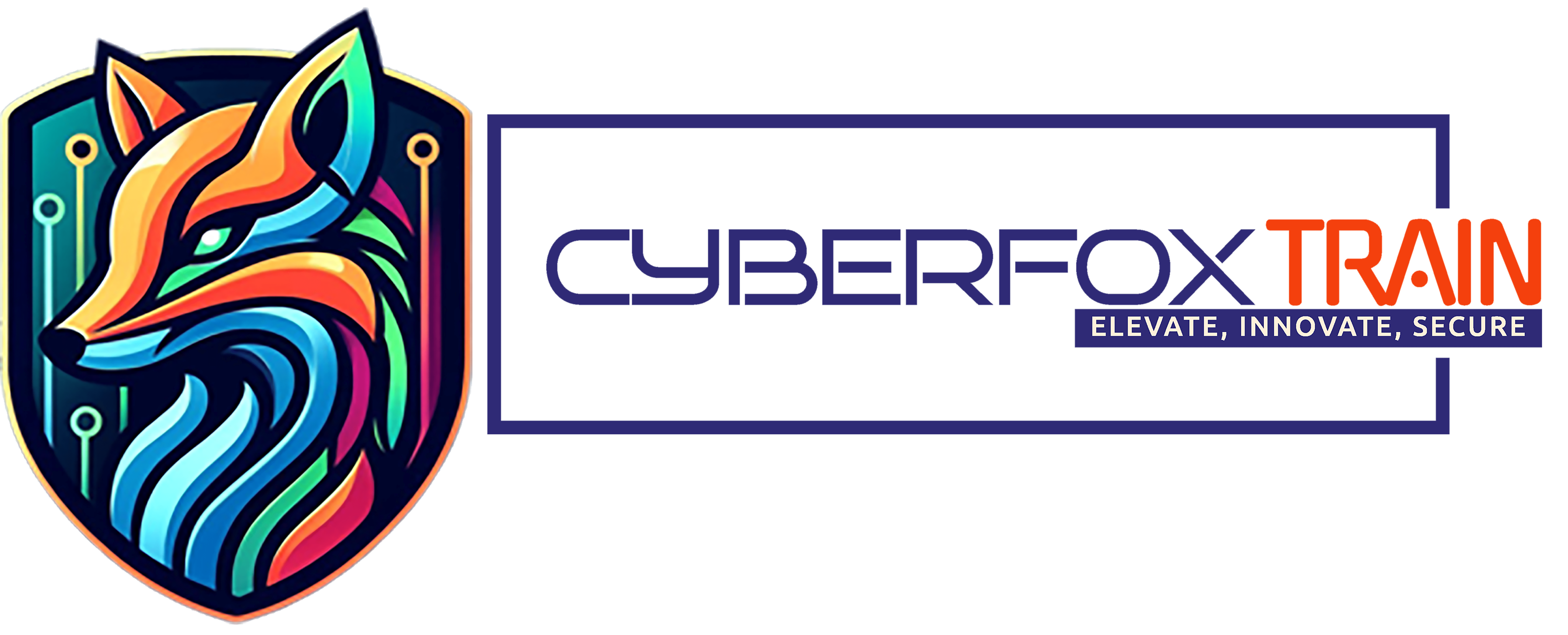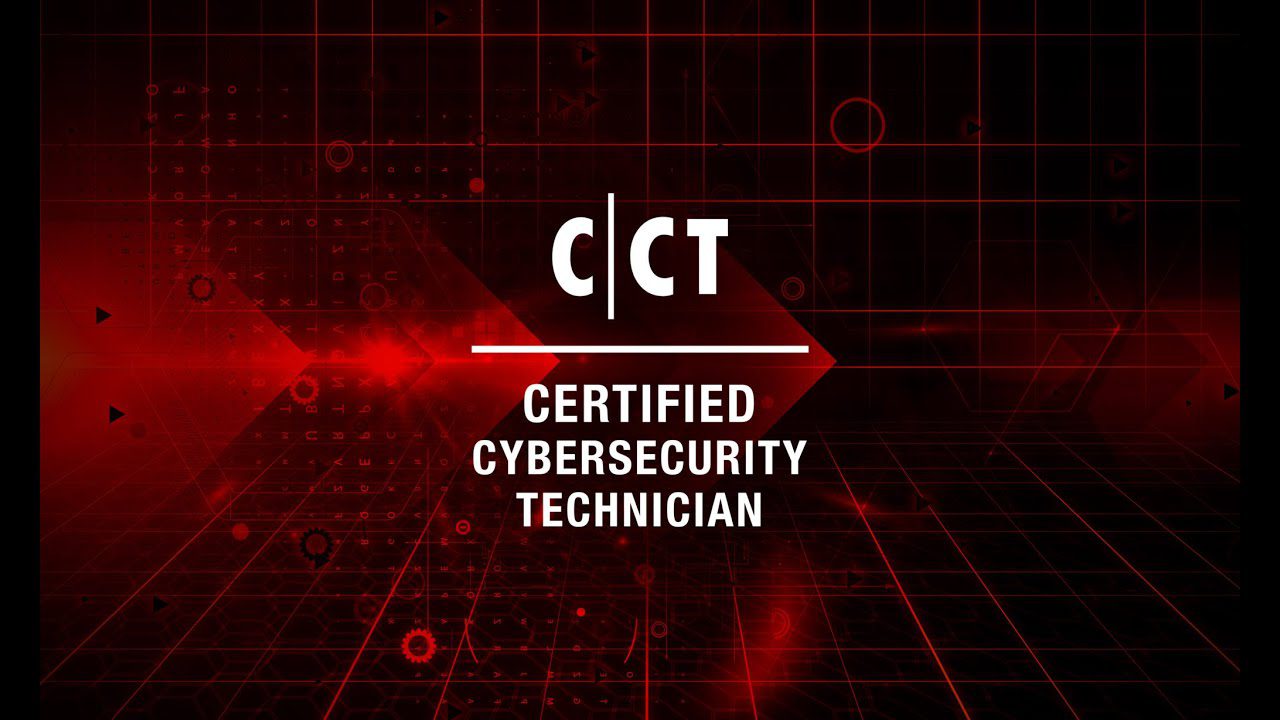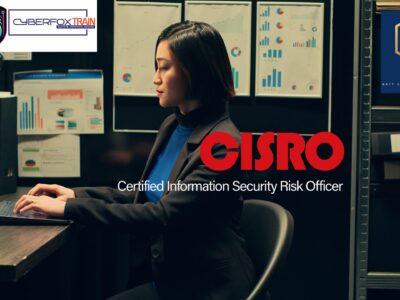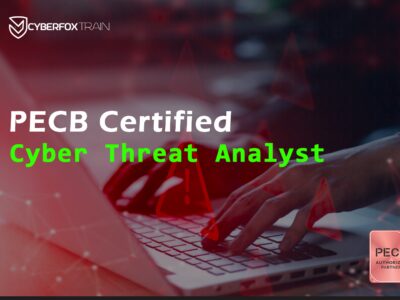Certified Cybersecurity Technician (CCT)
The C|CT is an entry-level cybersecurity program engineered by EC-Council, the creator of the Certified Ethical Hacker (C|EH) certification, to address the global need and demand for cybersecurity technicians with strong foundational skills.
With the C|CT, EC-Council aims to equip entry-level cybersecurity professionals with the core technical skills they need to pursue and advance in careers as cybersecurity analysts, consultants, engineers, IT administrators, and more. The C|CT creates a foundation that enables individuals to grow their skills in specialized domains like penetration testing, security consulting, auditing, and system and network administration.
EC-Council has developed the Certified Cybersecurity Technician certification
- The Certified Cybersecurity Technician (C|CT) is an entry-level cybersecurity program created by EC-Council, the creator of the Certified Ethical Hacker (C|EH) certification, to address the global demand for a qualified cybersecurity workforce.
- EC-Council developed the C|CT to provide individuals starting their careers in IT and cybersecurity with a certification that validates their hands-on technical skills.
- To equip individuals with the skills they need to pursue and develop their careers as cybersecurity specialists, consultants, network engineers, IT administrators, and more.
What is Unique About the C|CT Program?

C|CT’s Key Offerings:
Strong Foundational Coverage
The C|CT certification provides total foundational cybersecurity domain coverage with key concepts in each domain combined with practical hands-on labs and critical thinking challenges producing world-class cyber security technologists.
Live Range Experience
Other popular programs rely on simulation and interactivity as practical-based assessment, the C|CT program is delivered on a live Cyber Range utilizing live targets and real attack systems for a truly immersive, real-life practice and assessment platform.
Capture the Flag
The C|CT certification offers capture the flag (CTF) style critical thinking challenges to accompany each lab exercise putting knowledge into practice and providing a proven record of skill demonstration. Candidates completing the C|CT program will earn the C|CT certification and have a proven track record of performing the tasks required in a live Cyber Range, proving to employers their ability to perform critical job duties.
Multiple Certifications
The course outline of the C|CT program goes above and beyond some of the more common entry-level cybersecurity programs, such as the Security+, in a completely hands-on cyber range environment instead of simulations to ensure cybersecurity skills development. We believe that candidates who successfully attain the C|CT certification will attain other leading cybersecurity certifications, including Security+, without further training
Most Affordable
Despite the unique design of the heavily hands-on course and its uses of real-world cyber range capability, the certification is one of the most affordable in the world!
What Are the Benefits of the C|CT Credential?
- Paves the way for a promising career in the realm of cybersecurity
- Improves employability by validating certification holders’ skills as cybersecurity specialists who can strengthen organizational security
- Provides extensive opportunities to practice the hands-on skills necessary for any technical role involving administrative privileges and cybersecurity considerations. Teaches the fundamental knowledge that cybersecurity professionals need:
- Information security
- Network security
- Computer forensics
- Risk management
- Incident handling
- Industry best practices
What Will You learn?
- Key issues plaguing the cybersecurity industry (information security and network security)
- Information security threats, vulnerabilities, and attacks
- Different types of malware
- Network security fundamentals
- Identification, authentication, and authorization concepts
- Network security controls
- Administrative controls (frameworks, laws, acts, governance and compliance program, and security policies)
- Physical controls (physical security controls, workplace security, and environmental controls)
- Technical controls (network security protocols, network segmentation, firewall, IDS/IPS, honeypot, proxy server, VPN, UBA, NAC, UTM, SIEM, SOAR, load balancer, and anti-malware tools)
- Network security assessment techniques and tools (threat hunting, threat intelligence, vulnerability assessment, ethical hacking, penetration testing, and configuration and asset management)
- Application security design and testing techniques
- Fundamentals of virtualization, cloud computing, and cloud security
- Wireless network fundamentals, wireless encryption, and security measures
- Fundamentals of mobile, IoT, and OT devices and their security measures
- Cryptography and public key infrastructure concepts
- Data security controls, data backup and retention methods, and data loss prevention techniques
- Network troubleshooting, traffic monitoring, log monitoring, and analysis for suspicious traffic
- Incident handling and response process
- Computer forensics fundaments, digital evidence, and forensic investigation phases
Course Module:
- Module 01: Information Security Threats and Vulnerabilities
- Module 02: Information Security Attacks
- Module 03: Network Security Fundamentals
- Module 04: Identification, Authentication, and Authorization
- Module 05: Network Security Controls – Administrative Controls
- Module 06: Network Security Controls – Physical Controls
- Module 07: Network Security Controls – Technical Controls
- Module 08: Network Security Assessment Techniques and Tools
- Module 09: Application Security
- Module 10: Virtualization and Cloud Computing
- Module 11: Wireless Network Security
- Module 12: Mobile Device Security
- Module 13: IoT and OT Security
- Module 14: Cryptography
- Module 15: Data Security
- Module 16: Network Troubleshooting
- Module 17: Network Traffic Monitoring
- Module 18: Network Logs Monitoring and Analysis
- Module 19: Incident Response
- Module 20: Computer Forensics
- Module 21: Business Continuity and Disaster Recovery
- Module 22: Risk Management
Course Features
- Lecture 0
- Quiz 0
- Duration 5 days
- Skill level All levels
- Language English
- Students 0
- Assessments Yes






